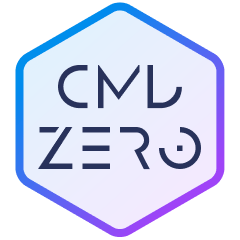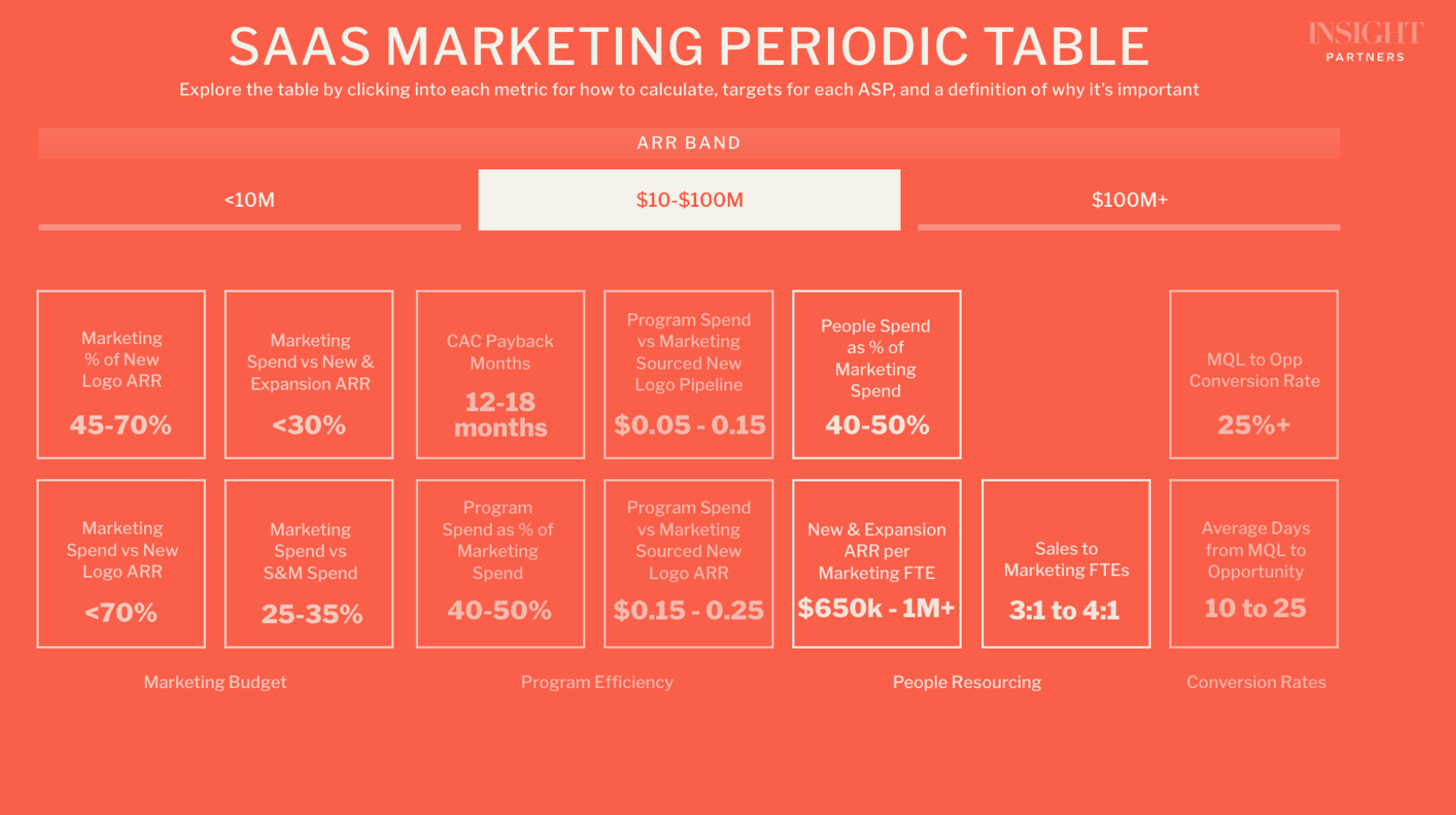How AI is transforming healthcare and powering better patient outcomes

In the notoriously flawed U.S. healthcare system, there’s enormous opportunity for big data and advanced analytics to transform the patient experience for the better. Aily CEO Bianca Anghelina and Covera Health CEO Ron Vianu explored how key players in the health space are leveraging real-time AI to improve outcomes and illustrated the transformational power of innovation in outdated, bureaucratic systems.
These insights came from our ScaleUp: AI event in October 2023, an industry-leading global conference that features topics across technologies and industries. Watch the full session below:
AI is significantly transforming healthcare, resulting in better patient outcomes
Anghelina spoke about the potential impact of AI in healthcare, particularly in the field of R&D. “Clinical trials are delayed by over 20% of the time by 40%. So, imagine if you are supposed to run a trial for two years, it takes almost one year longer until you have results,” she explained. Her company has built an AI system that can predict the milestone of a clinical trial in about 20 seconds, significantly reducing the time needed for decision-making in healthcare.
“AI is at the heart of what we’re doing. It is what inspired me to found Aily to leverage AI to get better insights and find out what humans can’t see in big data of organization.”
Vianu spoke to the variability in radiology, an area in healthcare with a significant amount of expenditure. “You can go to two different imaging centers and walk out with two different results that would send you down two very different treatment paths,” he explained. His company has built an AI-enabled platform that helps in assessing the quality of radiological diagnoses, thereby improving patient outcomes.
Democratizing quality in healthcare
AI has the potential to democratize quality in healthcare by taking lower-performing physicians and helping them improve. Covera Health, for example, provides physicians visibility on the quality of their services and the errors they’re committing and gives them an opportunity to improve over time.
“AI can actually democratize quality in the sense that it could take those lower-performing physicians and actually help them get better.”
This democratization of quality in healthcare through AI has the potential to greatly benefit patients, as well. With more accurate and efficient diagnoses and treatments, patients can receive better healthcare outcomes and potentially even lower costs. AI can also help bridge the gap in healthcare disparities by providing equal access to quality care for everyone — regardless of their location or socioeconomic status — ultimately leading to a more equitable healthcare system overall.
Read more: Scaling innovative solutions in women’s health with software
Regulation poses challenges
However, the regulatory environment in healthcare poses unique challenges. Vianu mentioned that while much of what they’ve done so far does not require FDA involvement, a lot of their future work will, adding complexity and time to their processes. Both panelists agreed that navigating the regulatory landscape is a crucial aspect of their work in healthcare.
Vianu emphasized the importance of staying up-to-date with FDA regulations and guidelines, as well as ensuring compliance with them. He also mentioned the need for collaboration between AI companies and regulatory agencies to establish clear guidelines for the implementation of AI in healthcare. Anghelina echoed this sentiment, stating that it is essential to have a deep understanding of the regulations and how they apply to AI technology.
“We are trying to accomplish things today with these large language models that there is some uncertainty around how well these models will perform… a lot of what we will be delivering over the next two to five years will involve a significant involvement of the FDA.”
Anghelina also stressed that despite the challenges, there are numerous opportunities in healthcare that AI can unlock. “I think it’s important to really focus on concrete use cases what can you actually prove on the new gen wave really works,” she added.
AI’s potential to increase access to quality healthcare is one of its biggest benefits
Both panelists agreed that one of the biggest benefits of AI in healthcare is its potential to increase access to quality care. Vianu discussed how their AI platform can help healthcare providers in underserved communities improve the quality of their services. “For us, it’s how do we deliver insights into that clinical workflow for those folks that when they’re encountering such a patient, we could provide them some additive data,” he said.
This additive data will not only improve the accuracy and efficiency of diagnoses but also help healthcare providers make more informed treatment decisions — which is especially crucial for underserved communities, where access to quality healthcare is often limited. With AI, healthcare providers in these areas can have access to the latest medical research and insights, allowing them to provide better care for their patients. This has the potential to greatly improve health outcomes and bridge the gap in healthcare disparities.
Note: Insight Partners has invested in Aily and Covera Health.








